This was a different Thanksgiving than I have ever experienced.
In early November, I received a video message from Chief Arvol Looking Horse asking for religious leaders to come to Standing Rock Sioux land in North Dakota to be with the youth who are protecting Mni Wiconi (The Water of Life) from a proposed oil pipeline. The Dakota Access pipeline has proceeded with no environmental impact report. The people living on the land are worried it will negatively affect their water as so many pipelines have in other areas.
“We are asking religious leaders to come and support them and stand side-by-side with them because they are standing in prayer,” the chief said. “If you can find it in your heart to pray with them, and stand beside them because the police department and the National Guard would listen to each and every one of you.”
It was a very moving message. In the days that followed, his voice saying standing in prayer kept circling in my mind. Standing in prayer feels deeply Jewish.
When we pray as Jews, we gather focus internally for what we want to see happen in our lives, with those we love, with the world around us.
“Prayer is hopeful yearning for unrealized good,” Rabbi Mordecai Kaplan wrote.
We elevate reflection and action, and the times when both happen at once, it is indeed standing in prayer. As Rabbi Abraham Joshua Heschel famously said when he marched with Dr Martin Luther King, his “feet were praying.” We can each move in prayer when our longings for good are integrated with actions of good.
I studied more about the pipeline and my 12-year-old son, Griffin, also began asking questions and learning more with me. He told me that he wanted to support those who were protecting the land in Standing Rock as his bar mitzvah project.
“No one should be tread over just because they have different backgrounds,” Griffin told me. “This is not fair. It is their sacred land, burial grounds even.”
I contacted leadership at the Oceti Sakowin camp at Standing Rock, and also clergy who have been involved in support, and they told us which winter supplies were needed to keep everyone healthy and warm. Griffin began collecting funds, buying supplies, and sharing information with family and friends. Though it was very far and very cold, it became clear that we needed to bring the supplies and stand in prayer as we had been asked to do.
We arrived the day before Thanksgiving. As we drove in, the camp seemed to rise up out of the plains, encircled by flags. As we got closer we saw that each flag was from a different indigenous tribe who had come to support the Standing Rock Sioux. There were hundreds of flags from all over the country and the world. The camp was alive with activity. Makeshift kitchens were preparing food to feed the many people there, the medical tents were treating those who were ill or injured. Volunteers sorted and shared donated warm clothing, others chopped wood to keep the sacred fire lit. The camp had swollen with supporters over the past days, and it was clear that everyone was working hard to keep up with the thousands of people who were there.
We entered the big white dome tent to hear the orientation for all those arriving. Here again was the clear intention of prayer that had moved me to come. The elder began with a prayer and closed the session with a prayer. This was to be the way of every action about the pipeline. The language was of prayer, not protest. “Stay prayerful,” we were told, at both the actions and at the camp. We learned that many who had come who were not from indigenous nations were from faith groups. We met a group of Muslims from both Berkeley and New York, a national group of Presbyterian clergy, Mennonite religious leaders, Unitarian Universalists, Buddhists, and, of course, other Jewish people. There was a group from the Isabella Freedman Retreat Center, Wilderness Torah, and some fellow Svara Queer Talmud Camp alumni.
In both the orientation and other conversations, it became clear that this historic gathering of indigenous people was about much more than the pipeline. This many tribes had not been gathered together in one place ever before. We heard many stories about why people had come and their stories began many years before this event. They talked about broken treaties and generations of mistreatment. This proposed pipeline — that did not go through the proper environmental reporting, that changed its pathway from the city of Bismarck because the mostly white residents feared that it would poison their water — this pipeline was the last straw. They were not going to quietly allow any more. The camp and the actions were an opportunity to stand together and to say no. But also to say yes.
A Native mom from nearby said that she had always rejected her culture and traditions, but now her 16-year-old son insisted that they live there in the camp and was learning to speak their native language. Claiming cultural traditions when they have been eroded and rejected over time rings very true to me as a Jew. Here too was my son — in bitter cold, unpacking medical supplies, and telling me that this experience made him feel more deeply connected to being Jewish.
On Thanksgiving we stood at the edge of the waters running through the land. We stood where the pipeline is planned to dig up and erode. We stood in support of a people who are not our own but whose claim to protecting their land and their lives we deeply understood. We stood in hope. We stood in prayer.
Susan Goldberg is a rabbi at Wilshire Blvd. Temple in Los Angeles.







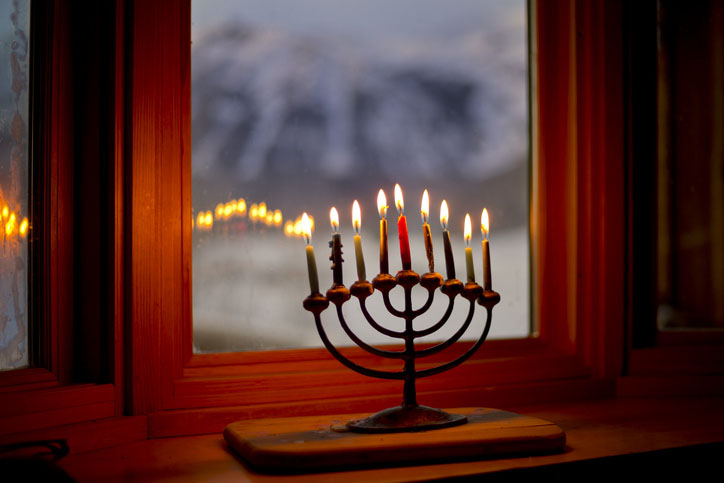
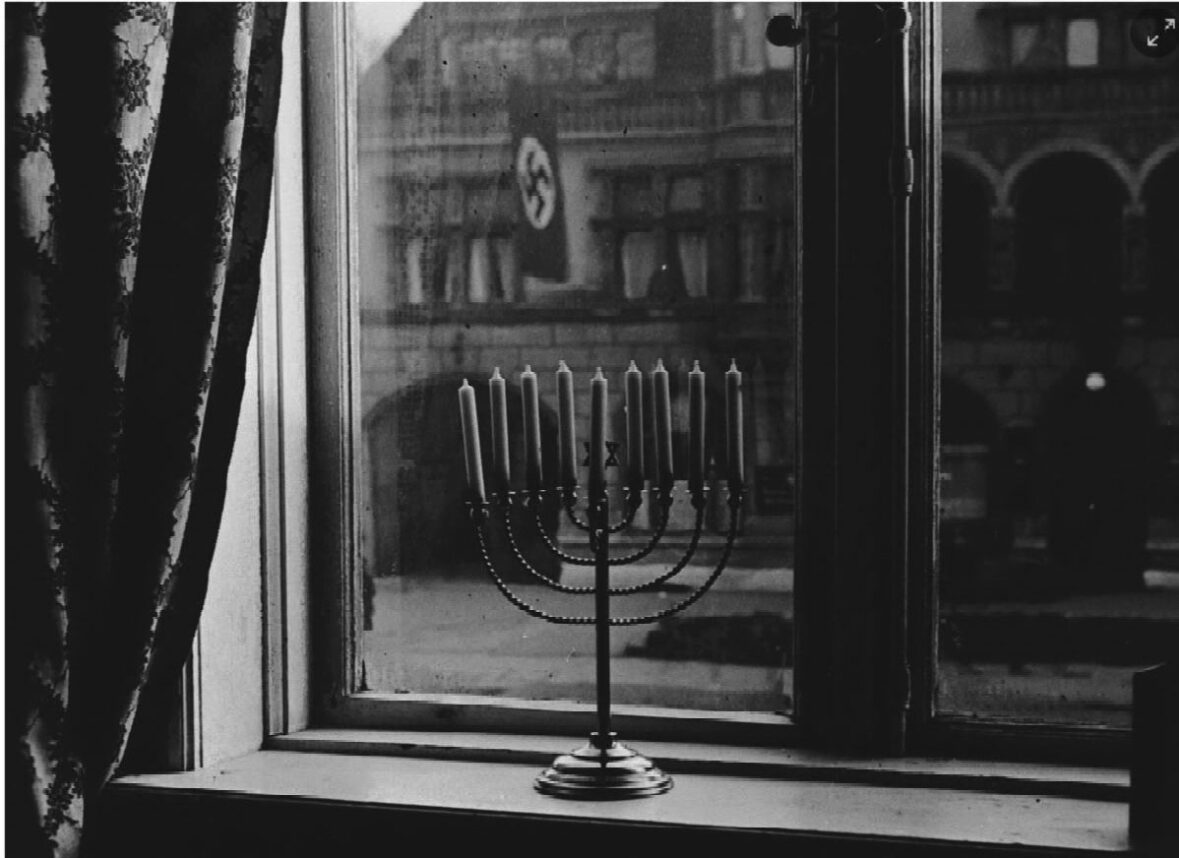
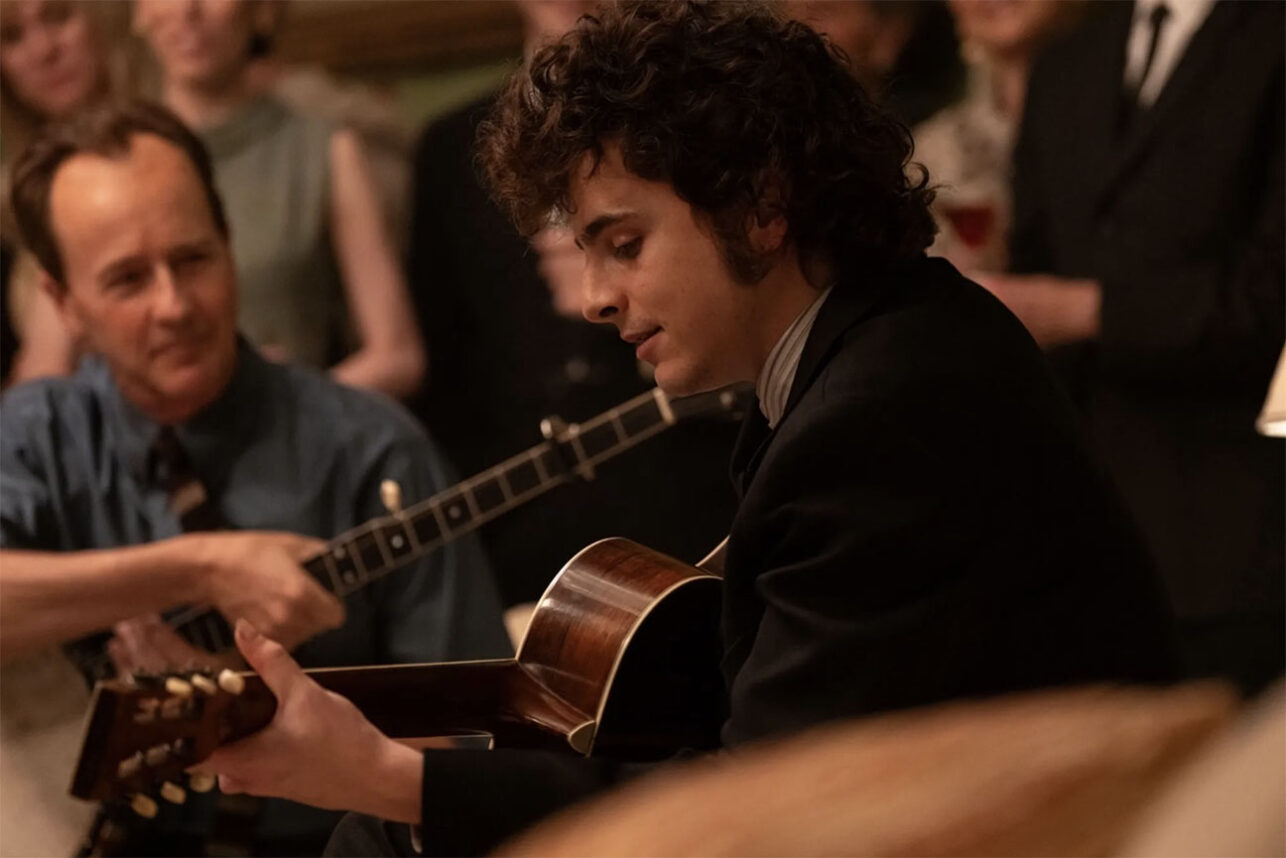
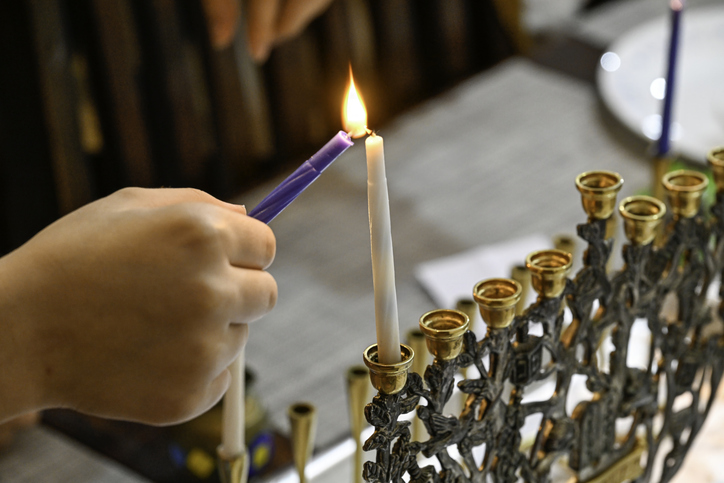
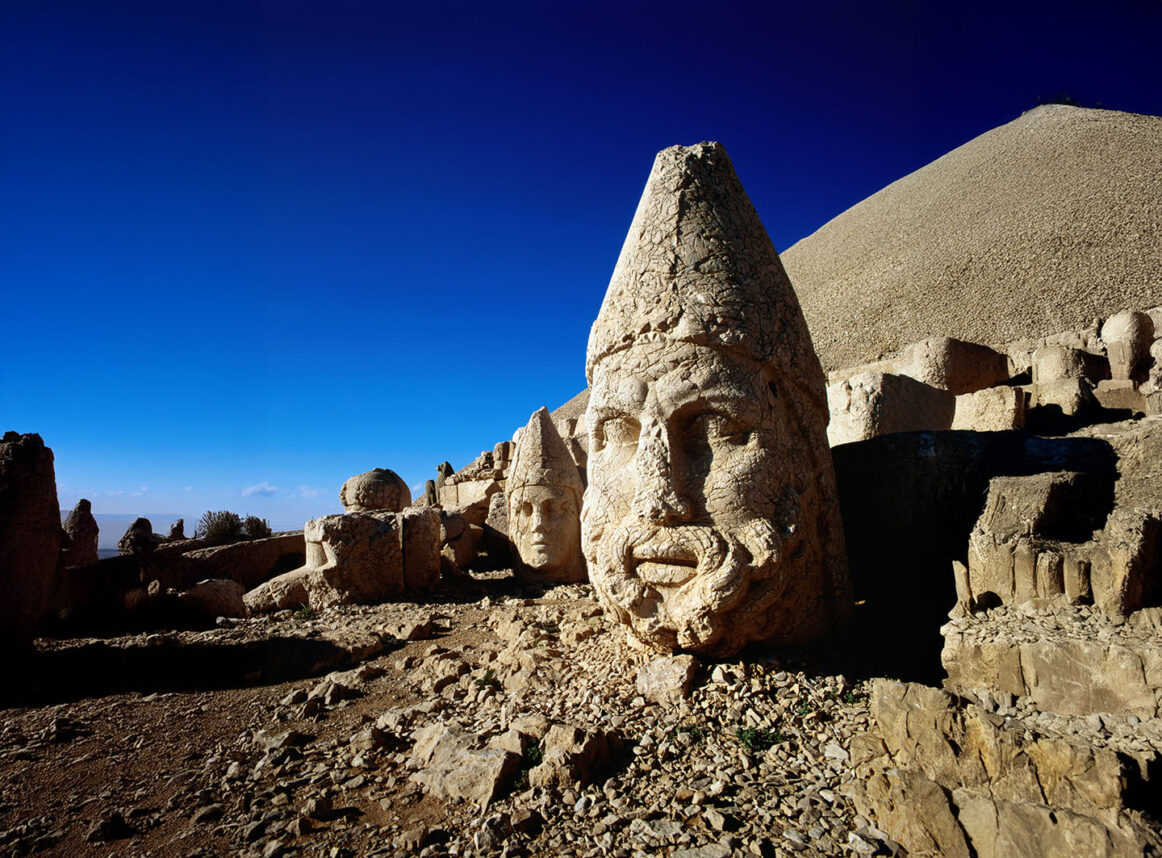
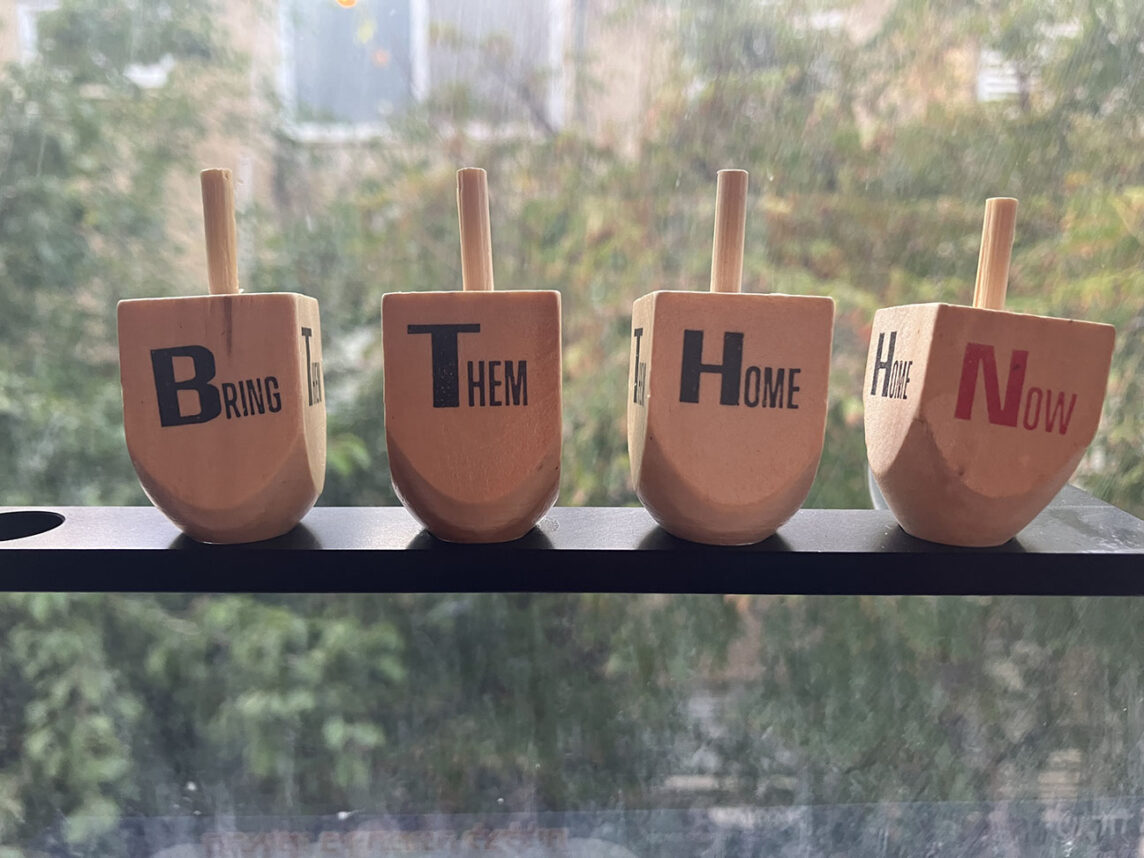
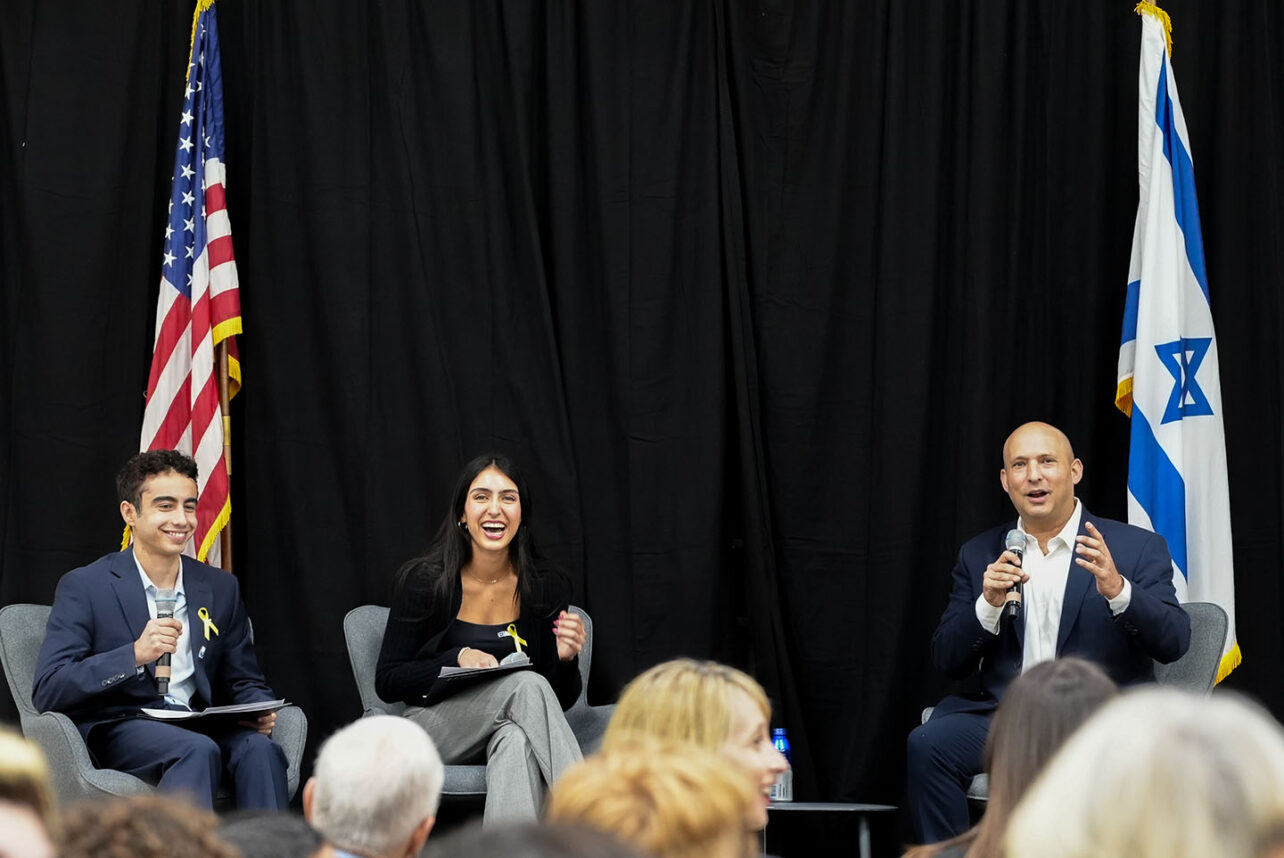
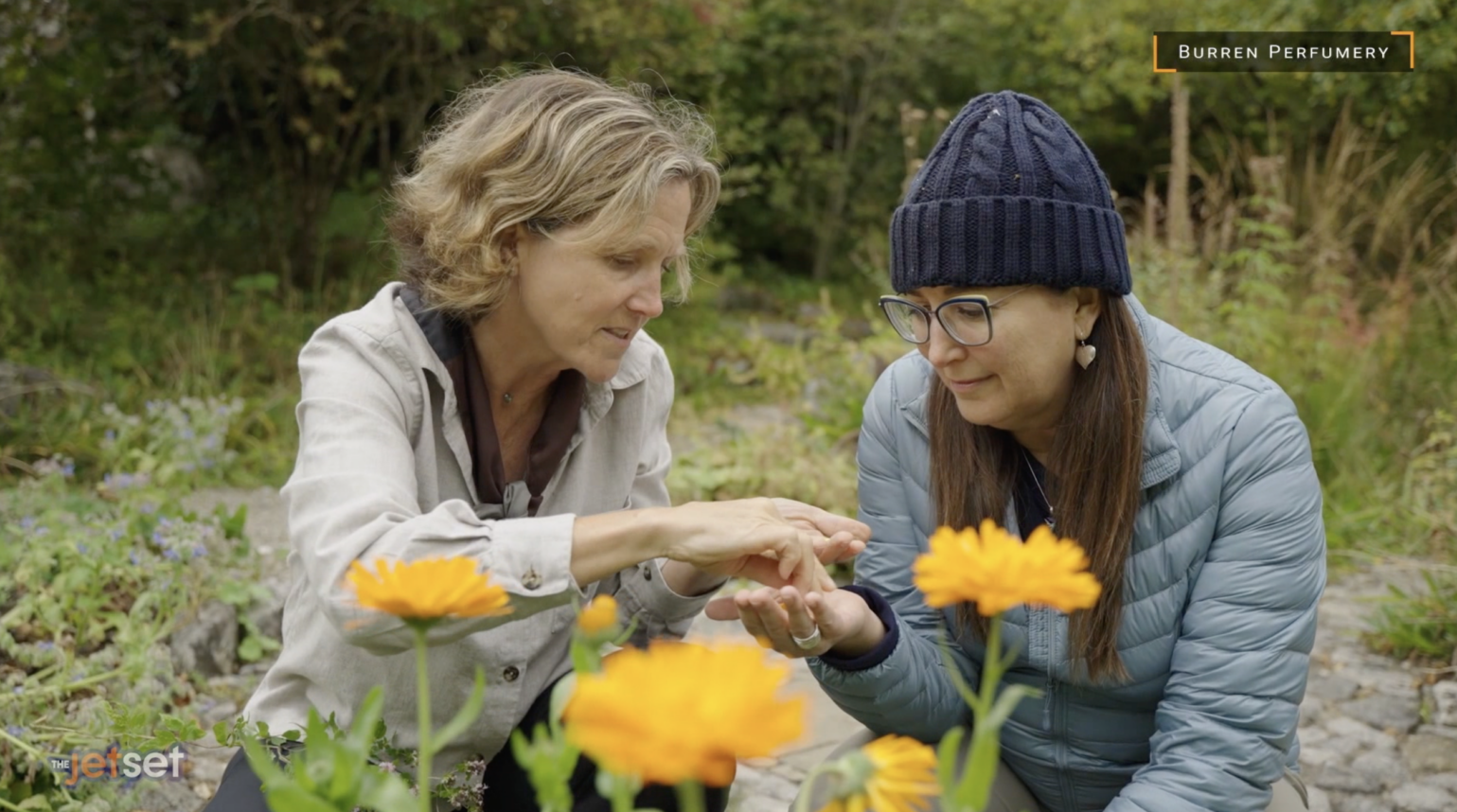
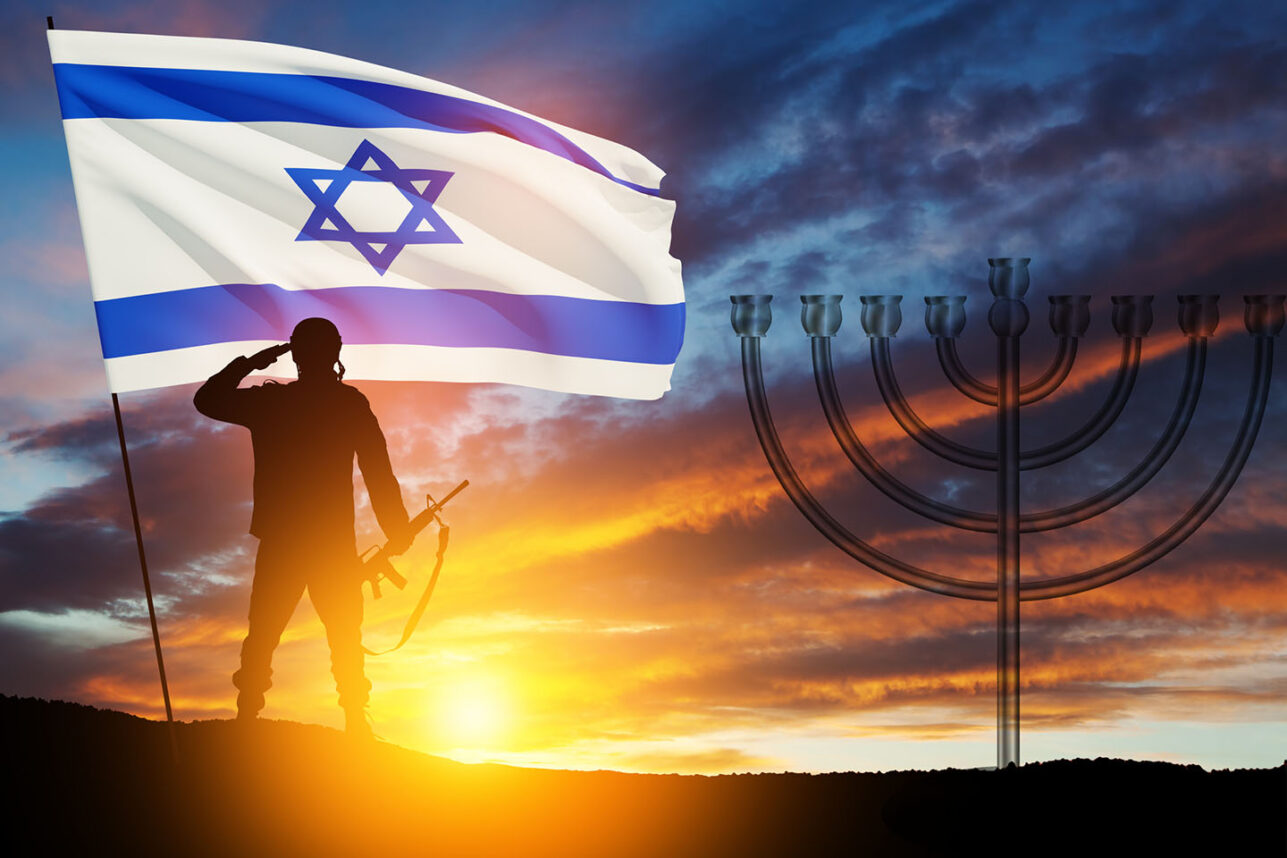





 More news and opinions than at a Shabbat dinner, right in your inbox.
More news and opinions than at a Shabbat dinner, right in your inbox.